
Europe Tightens Immigration – Finally!
On Friday, European Union leaders have agreed on a migration deal after a nine-hour meeting.
Although many of the EU nations are no longer experiencing an influx of refugees like during the height of the migrant crisis in 2015, they are still adjusting to impact.
Italy, which remains where most migrants land to cross the Mediterranean, has been desperate to share its burden.
Prior to the meeting, Italy threatened to veto any EU plan if it does not put in policies to reduce to flow of migrants.
“If this time we do not find any willingness from other EU countries, this council could end without the approval of shared conclusions,” said Giuseppe Conte, Italy’s prime minister.
“I do sympathize with Italy that they are the moment first of all are facing this whole burden. But I also want them to understand that collectively we have to work on this primary migration flow while also working on the secondary migration,” said Dutch Prime Minister Mark Rutte in response.
The latest EU deal appeased Italy by sending rescued migrants to control centers in the EU territory. Migrants will now be sent back to third-country centers to be processed.
“EU leaders agreed to help coastline countries, notably Italy, by setting up detention centers on EU soil where asylum claims of migrants rescued in the Mediterranean will be reviewed,” writes Wall Street Journal.
“Italy is no longer alone,” said Conte at the end of the meeting.
“In parallel, the EU said it would seek to set up reception centers in North African countries, to which most migrants rescued at sea would be sent. Those centers, called “disembarkation platforms,” would be run together with United Nations agencies to ensure that people are housed in humane conditions while awaiting repatriation or resettlement to European countries,” writes the WSJ.
After years of Merkel defending her controversial migration policy which opened the border to 1.4 million Middle Eastern migrants, the EU’s external borders will finally be tightened.
“Leaders also backed plans, broadly agreed by all members, to tighten the EU’s external border, give more money to countries such as Turkey and Morocco to help prevent migrants leaving for Europe, and set up processing centres in countries such as Algeria, Egypt, Libya, Morocco, Niger and Tunisia. And in an apparent lifeline for Merkel, the accord said governments should “take all necessary internal legislative and administrative measures” to stop refugees and migrants crossing Europe’s internal borders,” writes The Guardian.
“It was a long and difficult discussion. I am happy that there are many countries in Europe who insist that the flow of people is reduced,” said Austrian Chancellor Sebastian Kurz, whose proposal the deal was inspired by. “This is a crucial step—only if we ensure that people who have been rescued at sea are brought to third countries can we destroy the business model of smugglers and massively reduce the number of refugees coming to Europe. It is now essential to swiftly implement what we agreed on.”
A similar policy in Australia has significantly curbed the mass migration.
Even liberal nations were pleased to have reached an agreement.
“Many had predicted that no agreement would be found and national measures would prevail. Tonight we managed to reach a European solution,” said French President Emmanuel Macron.
Even though a deal has been reached, the work is far from over.
“We have managed to reach an agreement in the European Council but this is in fact the easiest part of the task compared to what waits us on the ground when we start implementing it,” said European Council President Donald Tusk
Author’s note: The EU has finally taken a stricter stance on immigration. But is it too late? Hasn’t the damage been done? France and Germany have been changed forever. Time will only tell if this will really be the solution.


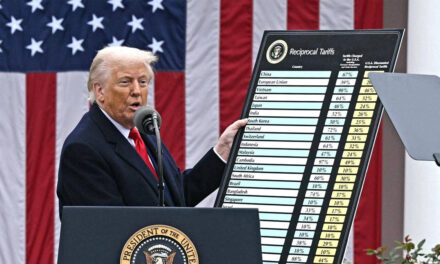
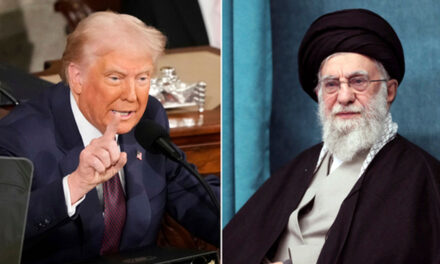


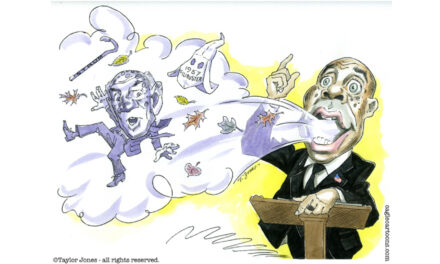
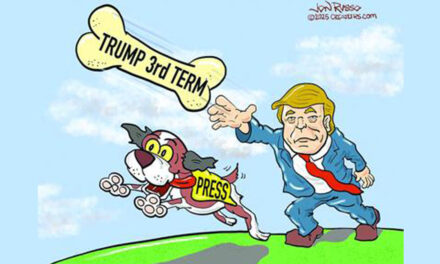







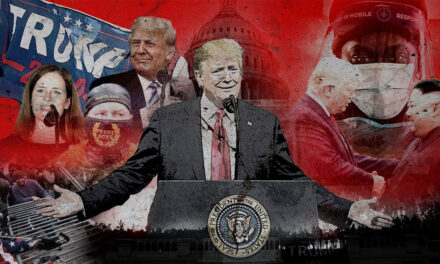
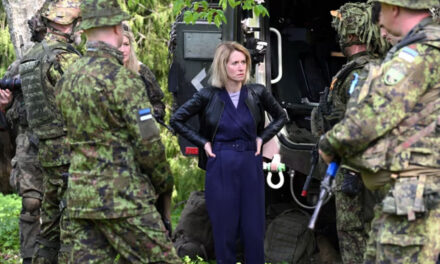
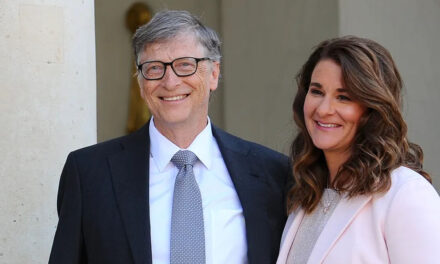
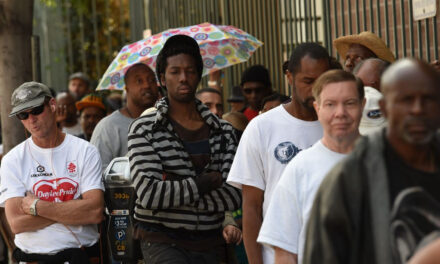





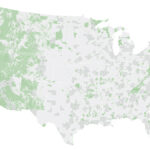


Why did Cory speak? In his own words: “So tonight I rise with the intention of getting in some good…
So what? He broke the fucking record for longest speech on the Senate floor, that's so fucking what. Seems like…
Yeah, like the tariffs will help break them apart. Sigh.
Just wondering if he had a Catheter on? So here is a Democrat who now holds some sort of record…
So why do you think this is something you need to write about since nobody cares? Need a bit of…